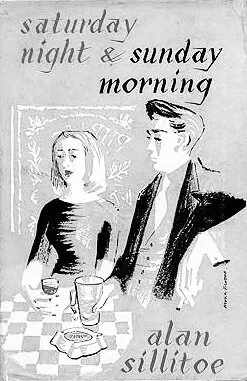On Alan Bennett’s Talking Heads vol. 3
Alan Bennett’s Talking Heads are about identity. Not identity as the baggy, ill-defined concept that we use now as both a buzzword and an incitement. Identity meaning: ‘the story a person tells themselves about themselves’. One might add ‘to make sense of themselves’ or ‘to stop external stories from drowning out the inner ones.’ Identities formed as fortifications against loneliness: choosing to be an antiques expert, not a lonely widow; a concerned citizen, not a lonely virgin; a protective son, not a lonely, mentally ill gay man.
We realise about halfway through ‘Chip in the Sugar’ that Graham Whittaker hears things that aren’t there. It’s jarring in a man who seems so stolid, so focused on minutia; an elegant study of how personality is formed in response to that which we fear, and fear because we cannot control. The extent to which the social stigma attached to Graham’s sexuality interacts with his mental illness is left for us to contemplate.
Neither of those identities what Graham chooses for himself. No, the identity he inhabits is defined by his mother. He is her keeper, her protector, her moral arbiter. He monitors her knitting activities, feeds her his opinions from editions of The Guardian. Stops her from falling in the road, until he doesn’t.
Until another man comes along.
Like a Yorkshire Hamlet, Graham is irked and discombobulated when his mother takes up with a new boy(man)friend. Previously Graham’s mother has called him ‘her boyfriend’, as if in some attempt to defend against the sexuality. The manfriend seems to see something in Graham too, drawing attention to his appearance, his lack of style. Does he know about Graham? What does it mean to have a paranoid mental illness in a context of always asking that same question - do you know about me? Can you see it?
But instead we are invited to see Graham the way he sees himself - not lonely because he has mother to deal with, not repressed because he’s been offered group therapy and doesn’t much fancy it, thanks. And not sad. Triumphant, ultimately. Because he was right about the Yorkshire Claudius. Graham doesn’t get much in life, but he gets to be right.


